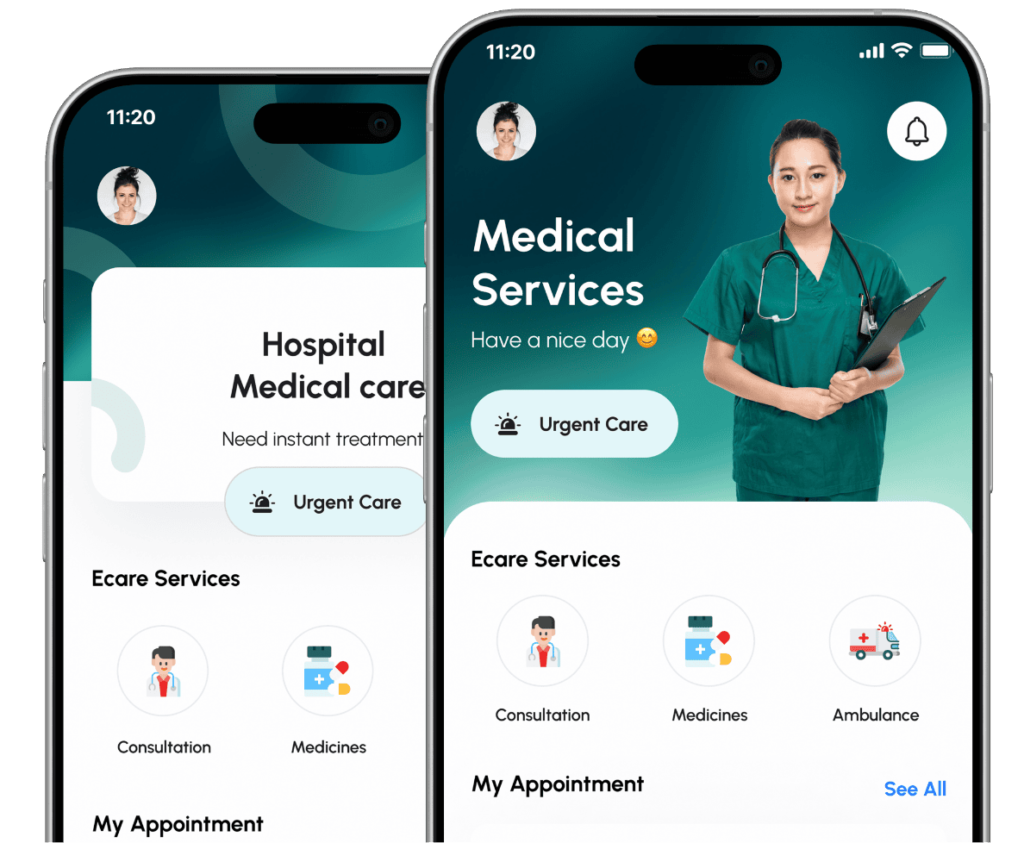Understanding Testicular Cancer: Causes, Symptoms, and Treatment
The male reproductive organs known as the testicles, which are in charge of creating sperm and testosterone, are where testicular cancer typically originates. Usually, it begins as a tumour or abnormal growth in one or both testicles. Compared to other cancers, testicular cancer is relatively uncommon, yet it is the most prevalent malignancy in men between the ages of 15 and 35.
Causes:
- Age: Men between the ages of 15 and 35 have the highest occurrence, and it mostly affects young and middle-aged men.
- Men who have a history of undescended testicles (cryptorchidism) are at a higher risk.
- Family history: The risk is higher if you have a close relative who has testicular cancer, like your father or brother.
- Congenital abnormalities: There may be an elevated risk for some genetic diseases like Klinefelter syndrome.
Symptoms:
Testicular cancer symptoms and signs can include:
- Testicular lumps or swelling: The most typical symptom is a painless lump or swelling in either testicle.
- Testicular discomfort or pain: Some men may feel heaviness or pain in their testicles.
- Testicular form or size changes: Noticeable alterations in testicular size, shape, or texture may take place.
- There may be discomfort in the lower abdominal or groin area, such as heaviness or a dull pain.
- Rarely, hormonal alterations brought on by testicular cancer might result in breast tissue expansion (gynecomastia).
It’s crucial to remember that other diseases can also cause these symptoms, which are not just related to testicular cancer. However, it’s critical to get medical advice from a specialist for evaluation if any of these symptoms are present.
Testicular cancer treatment choices are based on the type and stage of the disease as well as the patient. Typical treatment strategies include:
- The majority of testicular malignancies are treated surgically by removing the afflicted testis (radical inguinal orchiectomy).
- High-energy X-rays or other types of radiation are employed in radiation treatment to kill cancer cells.
- Chemotherapy: Strong medications are given to patients to destroy cancer cells, either prior to or following surgery or as the main course of treatment for cases with advanced disease.
- Active monitoring and thorough observation may be advised instead of prompt treatment for some testicular tumours in the early stages.
- Removing lymph nodes from the abdomen through surgery is known as retroperitoneal lymph node dissection (RPLND).
Conclusion
Sri Lakshmi Global Hospital provides comprehensive and effective treatment for testicular cancer. With their expertise and advanced medical technology, they offer a range of treatment options including surgery, chemotherapy, and radiation therapy. Our multidisciplinary approach ensures that patients receive personalized care and support throughout their cancer journey. With our focus on compassionate care and successful outcomes, Sri Lakshmi Global Hospital is a trusted destination for testicular cancer treatment.
Media Resources
Media enquiries
- Office hours:
- 8.30am - 5.30pm 888-807-5000
- Call hours:
- 6am - 10pm 888-807-5000
- novant@mail.com




